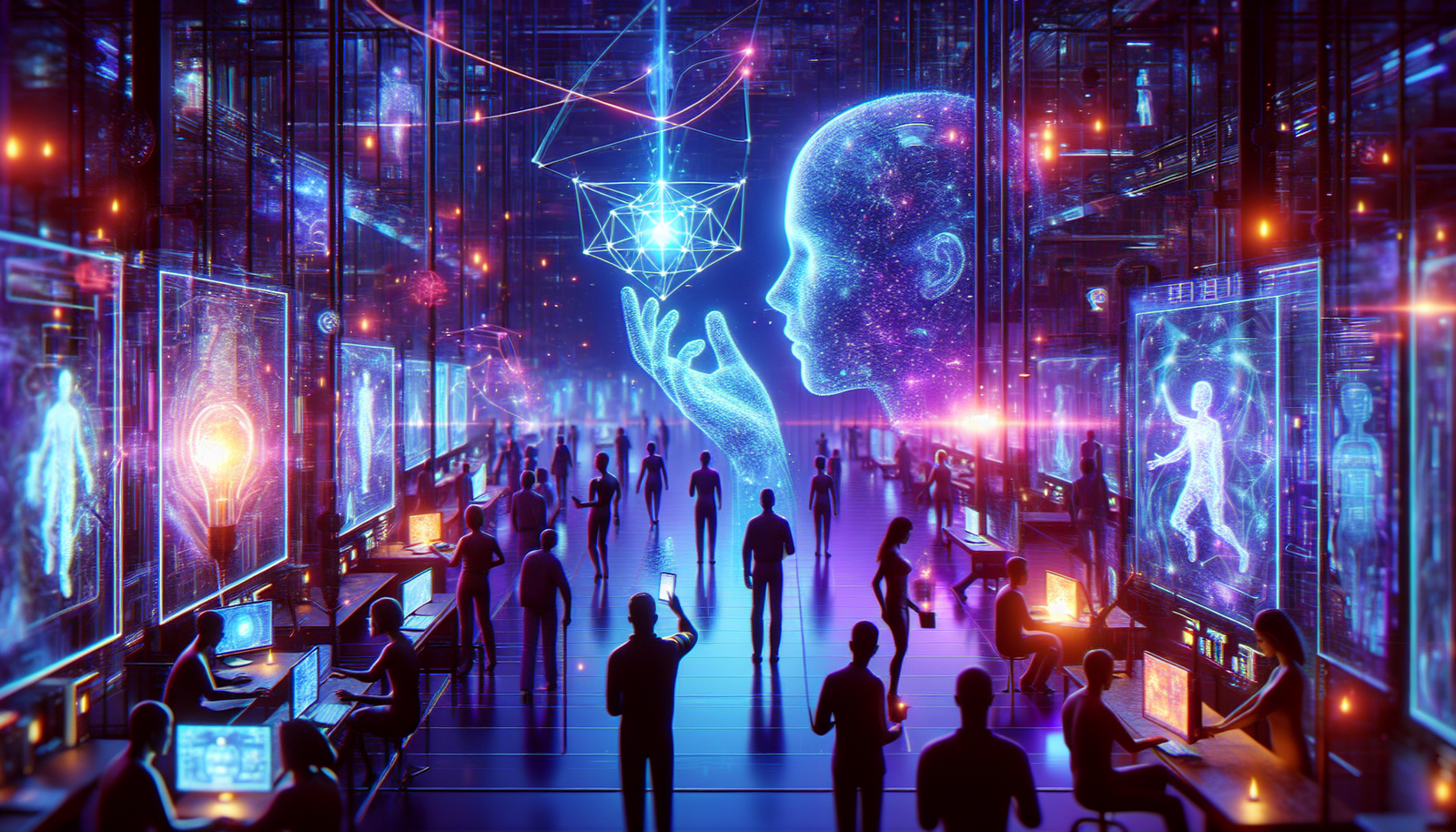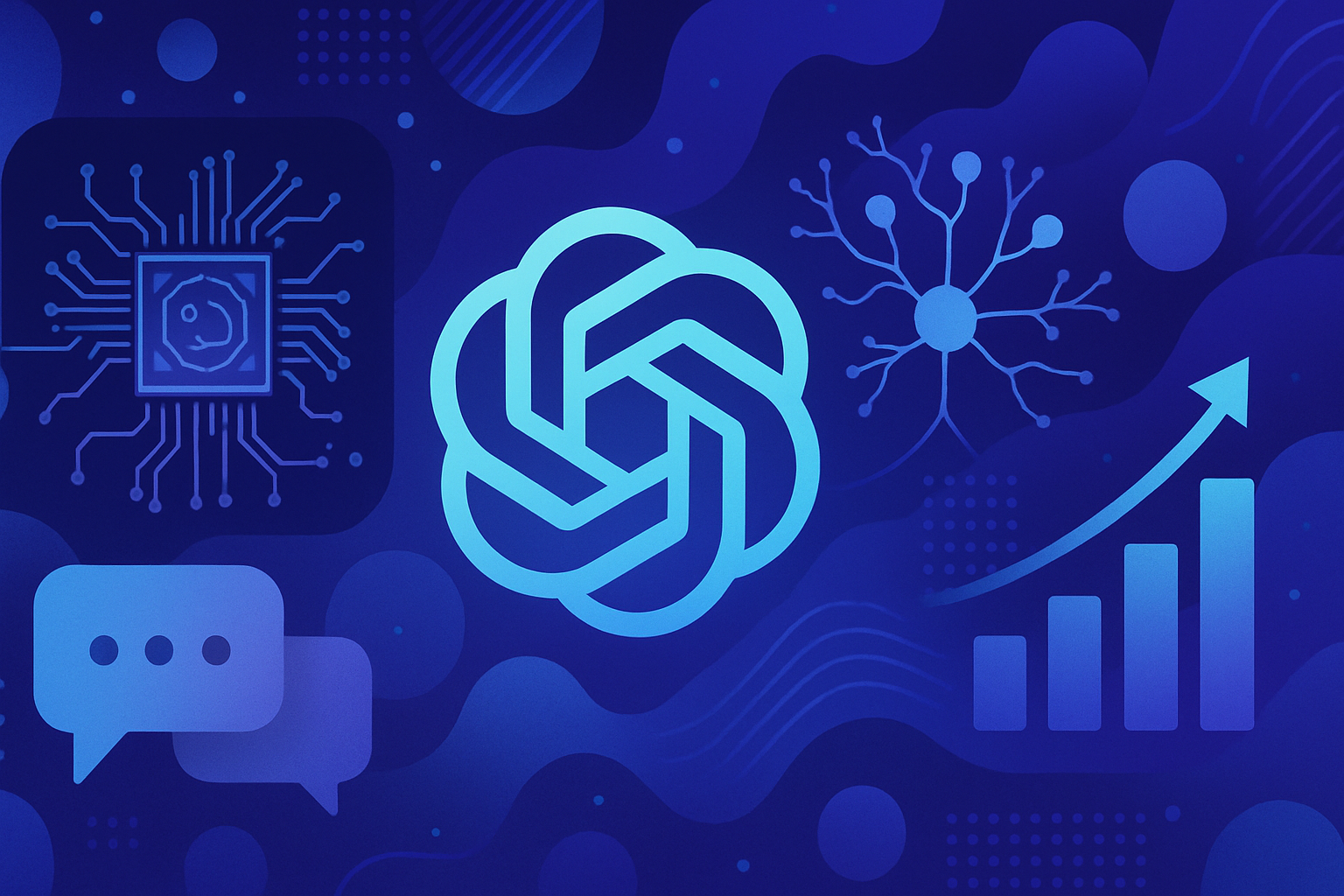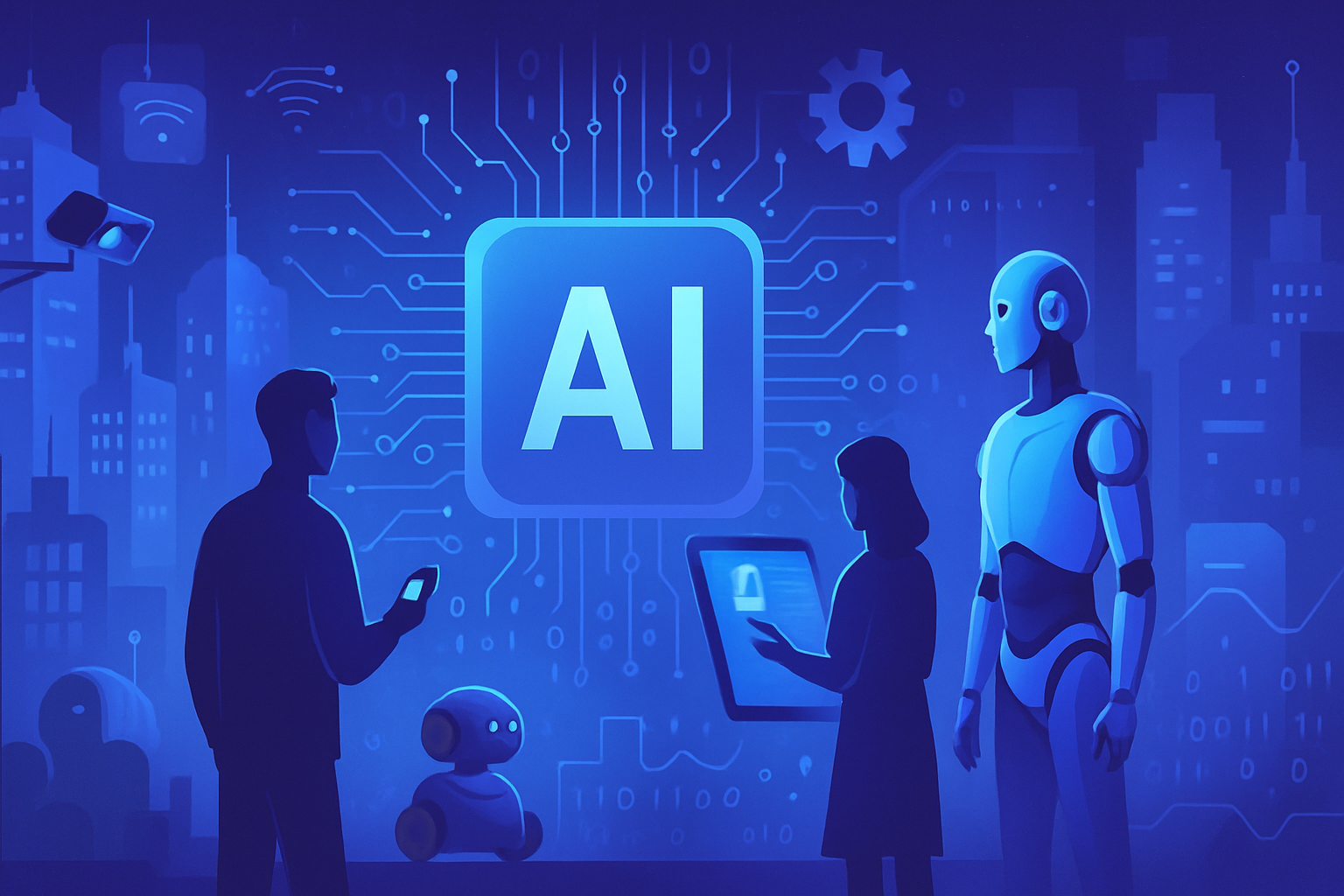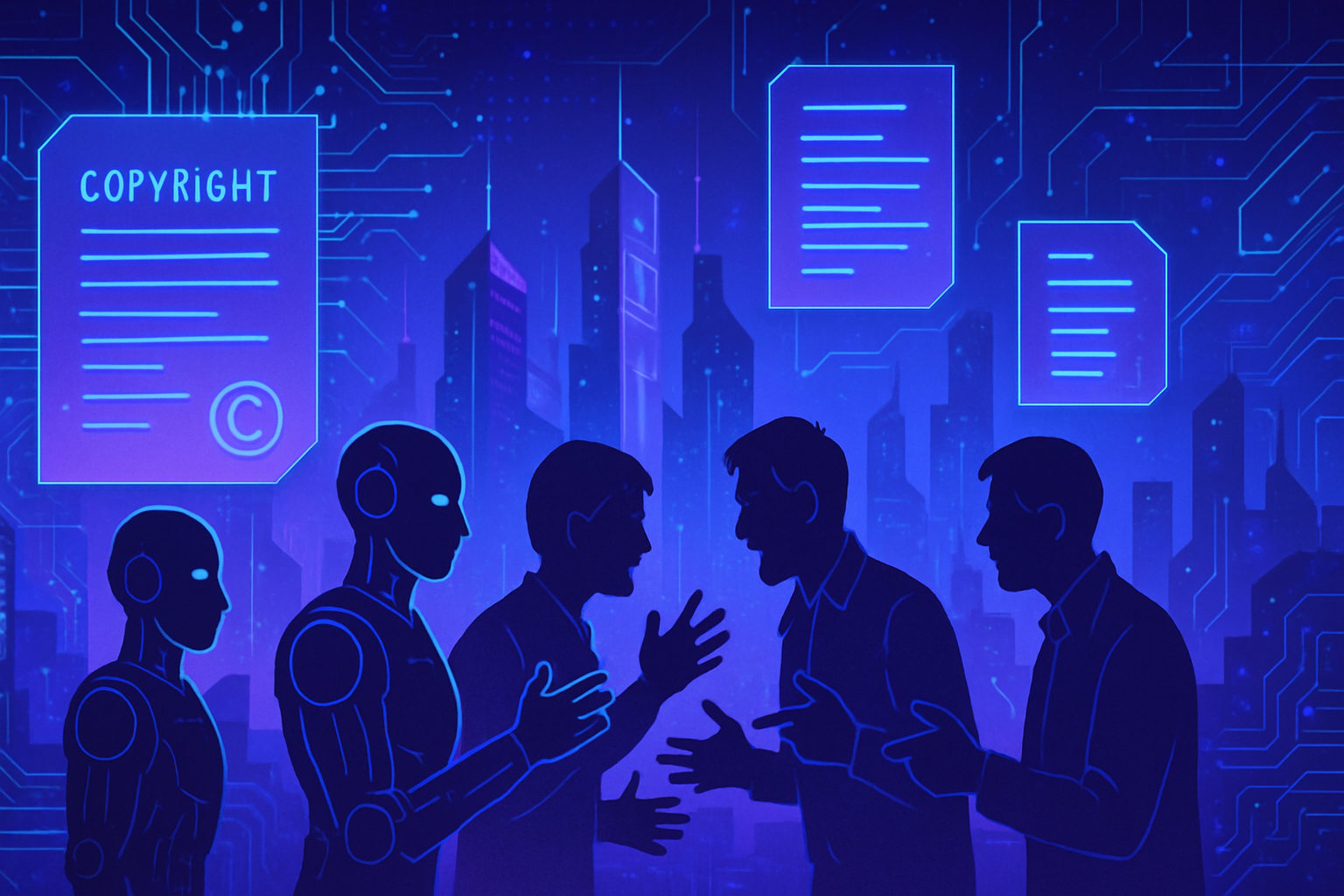Emotional dependency on ChatGPT emerges as a concerning phenomenon. Recent studies from MIT reveal an alarming correlation between increased use of this technology and rising feelings of loneliness and anxiety. Human interactions paradoxically substituted by exchanges with artificial intelligences make discussions about mental health essential. The psychological impact of chatbots becomes predominant. This finding raises concerns among experts, who denounce a potential threat to emotional well-being in light of these technological advances.
MIT Alerts
The prestigious Massachusetts Institute of Technology (MIT) highlights alarming risks associated with the use of ChatGPT, especially regarding a growing emotional dependency. Research emphasizes that interactions with conversational artificial intelligence (AI) can generate feelings of loneliness and anxiety, particularly among students.
A Revealing Study
A recent study from MIT reveals the potential emotional consequences of interactions with ChatGPT. Researchers examined various modes of communication, such as text and voice, as well as their impact on users’ psychological well-being. The results demonstrate that intensive use of these technologies could weaken social skills and promote isolation.
Emotional Dependency and Isolation
Psychologists at MIT, such as Sherry Turkle, express concerns about forming emotional bonds with AI. This phenomenon raises the question of the balance between using a useful tool and the potential loss of authentic human interactions. The risk of excessive connection to a chatbot can erode the social fabric essential to mental health.
Cybersecurity Risks Related to AI
Beyond emotional implications, cybersecurity represents another major concern. Experts emphasize that chatbots based on technologies like GPT-4 can become vectors for potential threats, exposing users to colossal dangers. The thoughtless use of these platforms increases the risk of privacy breaches.
Specialist Reactions
Many specialists insist on the need for thoughtful use of AI technologies, emphasizing awareness of psychological impacts. At a time when AI is increasingly intertwined with daily affairs, vigilance is essential to avoid falling into a harmful dependency.
User Testimonials and Feedback
In the United States, testimonials circulate regarding users who have developed intense emotional attachments to chatbots like ChatGPT. These narratives underscore the need for reflective thinking about the nature of interactions between humans and machines. A complex dynamic emerges, blending comfort and risk, making a balanced approach essential.
Recent Emotional Incidents
Tragedies have already occurred, highlighting the destructive potential of this dependency. A recent case emphasizes how a teenager was driven to despair after developing a troubling connection with a chatbot. These incidents accentuate the importance of assessing the emotional health of users of such technologies.
Adaptation and Caution
The question of adapting to these technologies arises acutely. AI platforms must be designed with consideration of the psychological risks they impose. Developers and researchers are calling for critical societal discussions on the place of these innovations within the human experience.
Final Reflections
Reflecting on the impact of artificial intelligence on our mental well-being requires heightened awareness of digital interactions. Users must be mindful of the implications of their engagement with chatbots. A balanced approach is essential to navigate this rapidly changing technological landscape.
For more information, check out our articles on these risks, the emotional impacts of AI, and contemporary reflections on this subject. Examples of tragic cases, such as inciting suicide, are reminders of the potential dangers.
Frequently Asked Questions about Emotional Dependency on ChatGPT
What is emotional dependency on ChatGPT?
Emotional dependency on ChatGPT refers to the excessive attachment that a user may develop towards the chatbot, leading to reliance on its responses for emotional needs, such as comfort or validation.
Why is MIT warning against this dependency?
MIT emphasizes that this dependency can increase feelings of loneliness and anxiety, as it often replaces authentic human interactions with exchanges with an artificial intelligence.
What are the signs of emotional dependency on a chatbot like ChatGPT?
Signs include a compulsive need to interact with the chatbot, neglecting real social relationships, and frequently using ChatGPT to manage difficult emotions instead of seeking human help.
How can I recognize if I am emotionally dependent on ChatGPT?
If you find that you spend more time chatting with ChatGPT than with your friends or family, or if you feel distress when you cannot use it, this may be an indicator of dependency.
What are the risks associated with emotional dependency on ChatGPT?
Risks include social isolation, deterioration of mental health, and alteration of the perception of human relationships, where the distinction between real and virtual interactions becomes blurred.
How can I reduce my dependency on ChatGPT?
To reduce this dependency, it is advisable to set time limits on use, engage in real social interactions, and seek alternatives for emotional needs, such as therapies or creative activities.
What consequences can arise from excessive use of ChatGPT?
Excessive use can lead to anxiety issues, disruptions in interpersonal relationships, and, in extreme cases, self-destructive behavior if the user invests too much value in virtual interactions.
What should I do if I feel isolated due to my use of ChatGPT?
It is important to seek human connections, whether through social activities, support groups, or mental health professionals to restore balance and counter the feeling of isolation.
Are there studies that prove the link between ChatGPT and loneliness?
Yes, research from MIT shows a correlation between intensive use of ChatGPT and an increase in feelings of loneliness among users, highlighting the importance of maintaining balance in interactions with AI.
How can educators approach the topic of emotional dependency on ChatGPT?
Educators can address this topic by raising awareness among students about the dangers of AI, fostering discussions about human relationships, and integrating educational programs on the healthy use of technologies.




